What is DHEA?
Behind the acronym lies the hormone dehydroepiandrosterone, produced in the adrenal glands—a precursor to the hormones androstenedione and androstenediol, which in turn are precursors to testosterone.
Since DHEA is chemically similar to estradiol, it can easily be converted into it. Moreover, DHEA is transformed into dehydroepiandrosterone sulfate—DHEA-S, which can be converted into another estrogen—estrone. Such is its transformative nature.
Besides all these transformations, DHEA molecules can themselves activate receptors that determine the rate of metabolic processes in our bodies. This has led some researchers to suspect DHEA of having "fat-burning" capabilities.
It soon turned out that these capabilities do indeed exist—not in dehydroepiandrosterone itself, but in its metabolites, for example, 7-keto-DHEA.
Generally, DHEA has quite a few metabolites, and they significantly differ from their "parent" in properties.
So let's agree on this: there is DHEA and there are its metabolites. These are different things, should be approached differently, and should be considered separately. So, we'll leave the metabolites for later and return to dehydroepiandrosterone itself.
DHEA and Testosterone
We know for a fact that DHEA eventually converts into testosterone—where else could it go, right? Hence, it's a "booster" of testosterone, isn't it?!
But here's the catch: for men to feel even a minimal "return" from the supplement, the daily dose would have to be measured in grams.
But women—it's a different story: just 100 mg of DHEA per day can significantly increase testosterone levels in the body.
Hey, men, are you still not disappointed? Then I hasten to inform you of this: in your body, dehydroepiandrosterone is primarily converted not into testosterone but into estradiol.
Thus, by taking grams of DHEA, you will also be excessively increasing the level of estradiol, which can lead to accelerated fat deposition in a "female pattern". That's the minimum risk.
DHEA and Cortisol
We move from testosterone to its "antagonist"—cortisol. Attempts have been made to attribute anti-catabolic properties to DHEA, as well as the ability to fight cancer at various stages.
Both would be possible if dehydroepiandrosterone could combat inflammatory processes, but even theoretically, this is not feasible. In short, it didn't work out with cancer.
But with cortisol, it's not so simple. Some practical experiments have recorded a decrease in cortisol levels in cases where subjects took 100-200 mg of DHEA per day.
This happened when the level of the "destroyer hormone" was significantly elevated, for example, after a session of heavy interval training. Or in men and women aged 65 and older.
And a little about those over 65. The peak of DHEA secretion occurs at 20-25 years, after which the body begins to produce less and less dehydroepiandrosterone every year.
Around 60-65 years old, there's very little left, which is associated with an increased risk of diseases of the cardiovascular system, depression, and increased mortality.
However, it is still not entirely clear whether taking additional DHEA does anything at all—research continues.
DHEA — a Supplement for Women
From all that has been said, it can be concluded that DHEA is primarily a supplement for women. Female representatives—even those not particularly concerned with achieving a sporty figure—will derive significant benefits from it.
Just 100 mg of DHEA per day can double testosterone levels in women, usually resulting in accelerated fat loss, increased strength, endurance, and just a general boost in "energy levels" and mood improvement.
And most importantly: such a dose of dehydroepiandrosterone—even over a long period—is completely safe.
But for men, DHEA will not help with strength indicators, muscle volume growth, or fat loss. Moreover: it won't add an ounce of energy.
Should Men Take It?
Though men can "nip" some benefits from dehydroepiandrosterone: those accustomed to fiercely engaging in aerobic exercise—especially in its interval form—wouldn't hurt to take 100 mg of DHEA about an hour before starting a workout.
And yet, the supplement might also be useful for older men. Although even here there are many caveats. I'm not yet 65, so maybe I tried DHEA a bit too early.
I don't know about cortisol, but the supplement definitely helped my heart: weather-related blood pressure fluctuations disappeared, blood viscosity decreased—this is an undeniable plus.
Downside: some increase in prostate size in the second month of intake, luckily, this problem can be identified almost immediately. In the end, it all ended well, but there were a few unpleasant moments...
Conclusion
DHEA can be called the number one supplement for all women—both very young and, let's say, not so young. This is how it should be positioned, and no miracles should be expected where they simply cannot be.












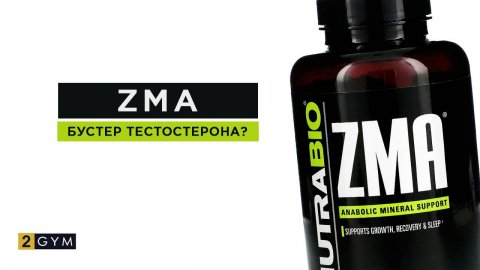

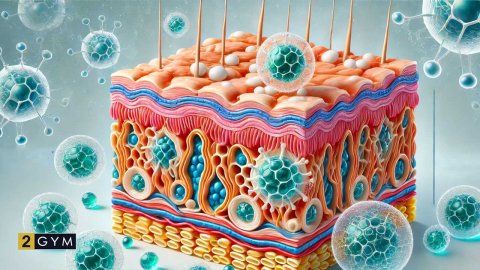
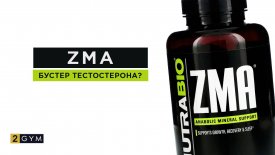

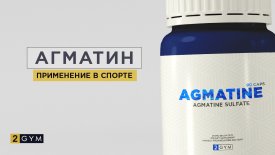
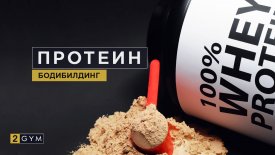


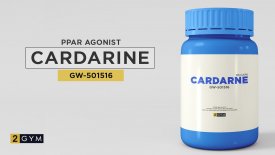


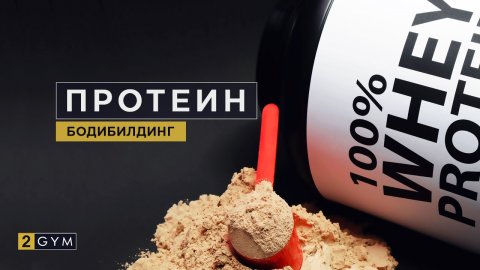

Log in with ( Sign Up ? )
or post as a guest
Be the first to comment.